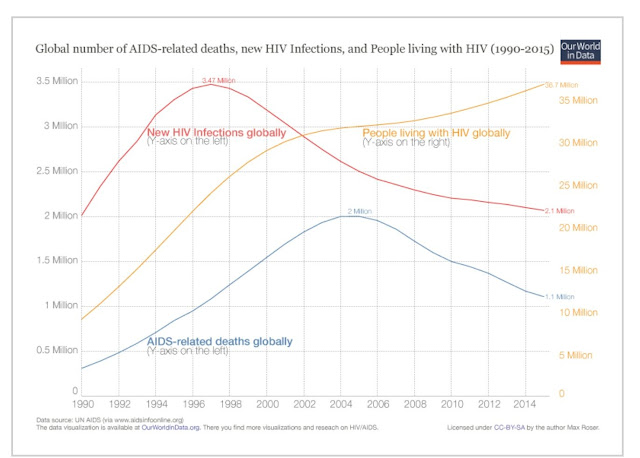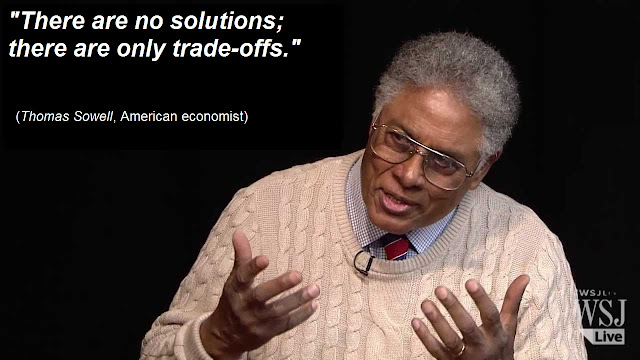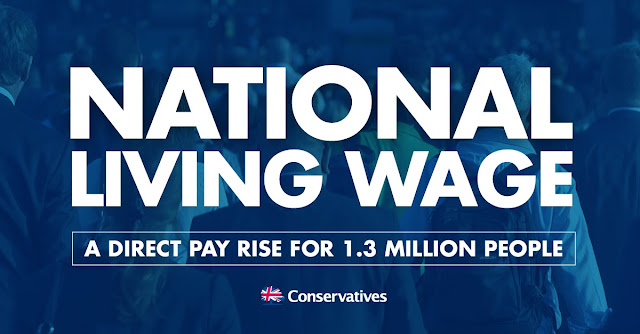The last post ....

Here is my final post of 2016 and looks forward to what we can all do in the New Year:
Christopher Whiteside MBE is a Conservative activist. He was Conservative candidate for Leeds North East in the 2024 General election He has served as a County, City & District, Borough, Town and Parish councillor, and has also been a school governor and health authority member. He lives and works in the North of England, particularly spending time in Leeds where he works, other parts of Yorkshire, and Cumbria.



